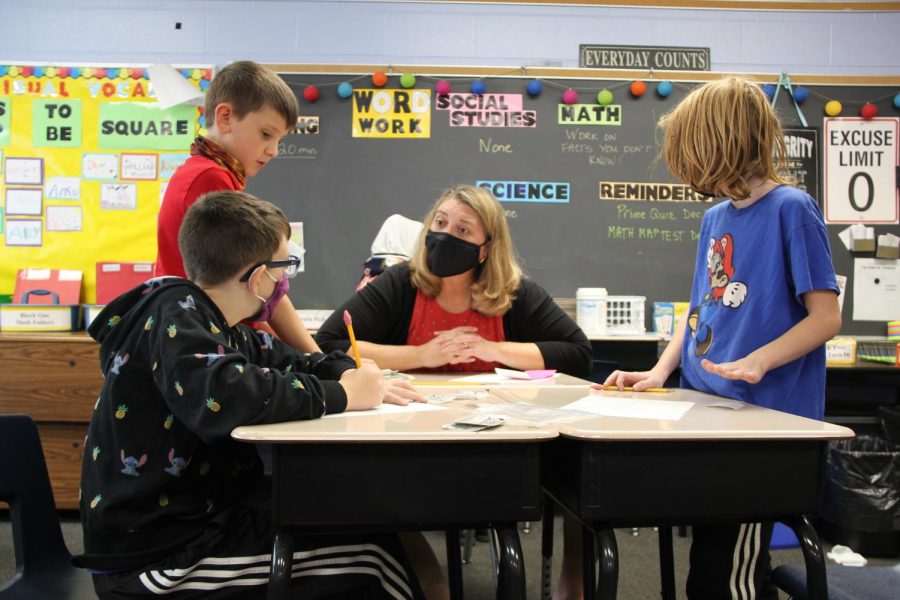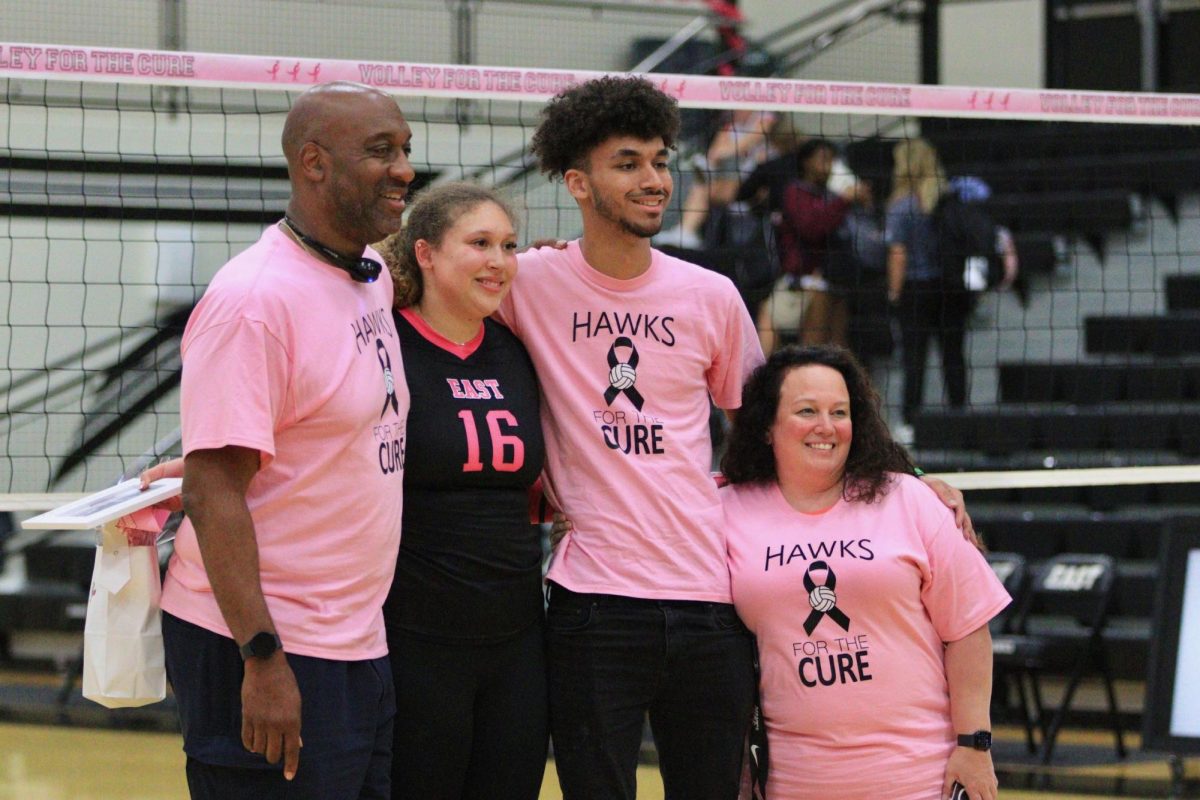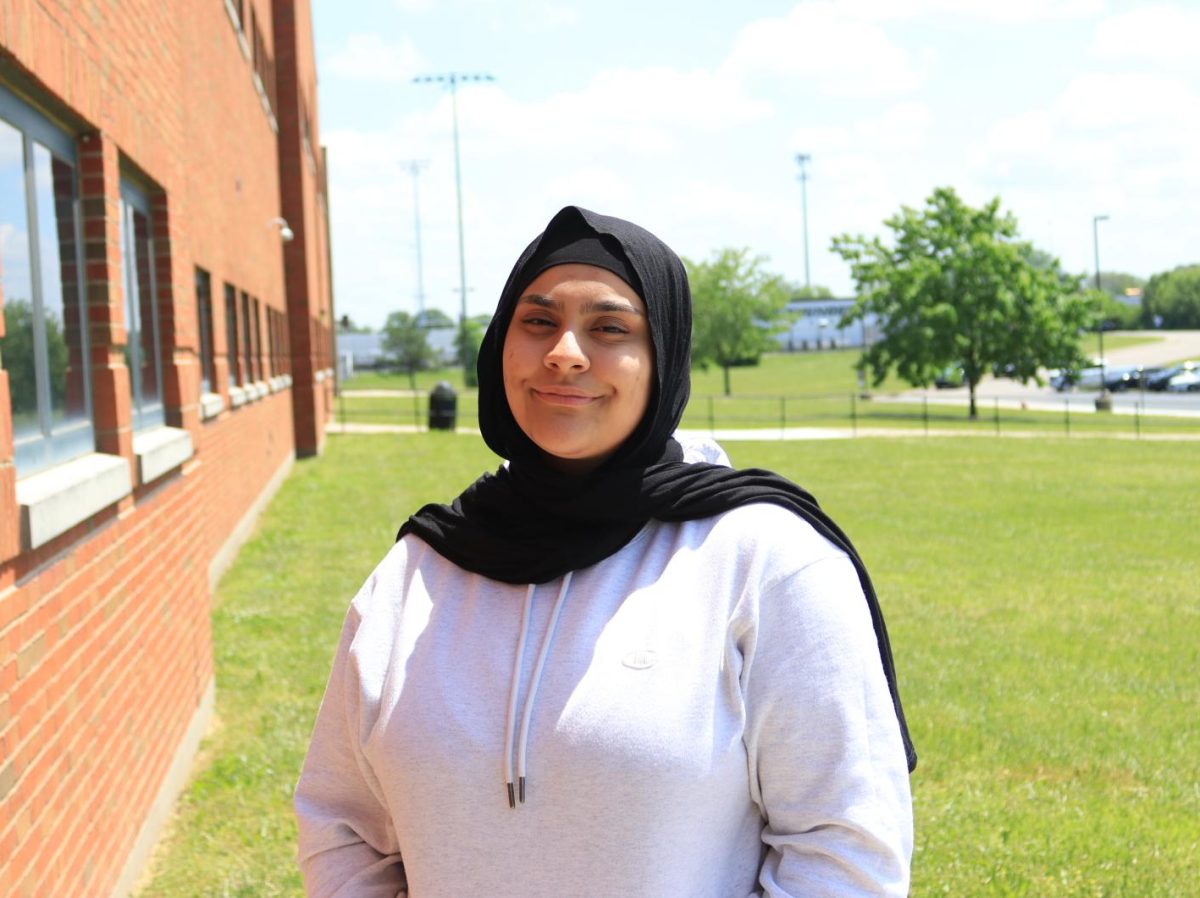Gifted Kid Burnout
News Editor Natalie Mazey recounts her experiences growing up as a student under the term “gifted.”
November 23, 2021
COLUMN NATALIE MAZEY
PHOTOGRAPHY MARLEIGH WINTERBOTTOM
The term “gifted” was handed to me in second grade. I did not see it as a gift. I saw it as a label affixed to me after a strange lady took me to a strange classroom to answer a plethora of questions, ruining my day that was supposed to be spent watching “The Polar Express” with my class. In reality, it was a label that set me up to struggle when things no longer came easy.
The results of this testing informed my teachers I was “gifted”. For me, that meant going upstairs for math with third-grade students, and being put in the gifted classes in elementary school, before the label transitioned to “advanced” in junior high.
This was never a big deal to me. I devoured books and never had to study. I enjoyed school and was good at it. I thrived in an academic setting without trying, but I just got lucky. Due to the way school was structured, I was set up to succeed on paper; as I got older, I began to see the holes in this facade of success.
Later, in challenging honors and Advanced Placement (AP) classes, I needed to study, but I had no idea how to. I began procrastinating instead of tackling a task because of the fear of not being good enough. If I procrastinated and didn’t live up to my standards, I could blame the amount of time I had rather than myself. Anxiety blossomed and I didn’t know how to cope. If I wasn’t succeeding academically, I wasn’t succeeding at all.
I am not alone in this. #giftedkidburnout has amassed 89.9 million views on TikTok, with videos composed of people spelling out the ways being “gifted” as a kid negatively affected them. Some explain their inability to complete a task unless they’re immediately good at it, while others explain their self-worth comes solely from academic validation.
A common theme between all of these videos is that these former gifted kids deal with an increased amount of mental illness. Chronic stress and anxiety, coupled with perfectionistic tendencies exacerbated by a perpetual need to please, have left many of these people struggling. According to the National Association for Gifted Children, some believe gifted children face higher levels of depression due to heightened sensitivities, perfectionism, introversion, overachieving behaviors, existential concerns, and feeling like they don’t fit in.
At the core of the issue is a subgroup of children all with “fixed mindsets.” A fixed mindset, as defined by Psychologist Carol S. Dweck in her article “The Secret to Raising Smart Kids”, is a way of thinking in which errors are attributed to a lack of ability, which “they feel powerless to fix.” Those with this type of mindset avoid challenges in order to maintain a status of perfection. They think all they have is their label of “gifted” and “talented”, and their intelligence is a fixed trait.
I have witnessed my peers feed into this fixed mindset and cling on to academics for any sort of self worth. I have witnessed former gifted kids obsessively check class rank and take on an insane workload simply to get a GPA that’s .001 higher than their competition. These kids often take on a course load of solely Advanced Placement (AP) classes to maintain a high GPA. Often AP classes are solely teaching to the test, learning how to correctly answer multiple choice questions rather than gaining applicable knowledge.
While high test scores and academic success are impressive, they lose all meaning when they only create adults unable to successfully self-regulate and maintain a healthy, balanced life. Those with a fixed mindset are unable to adapt and grow. They are stuck and get burnt out when challenges inevitably arise. In order to keep intelligent kids from burning out, they need to be given the tools to develop a growth mindset. According to Dweck, in this way of thinking, people view intelligence as malleable and able to “be developed through education and hard work.” They want to learn for the sake of learning, not solely to get an A.
In order to avoid the inevitable “gifted kid burnout”, gifted kids’ mindsets need to be changed. While intelligence can predispose them to success, it means nothing without work ethic and tenacity. Instead of striving for academic perfection, gifted kids need to strive to fulfill social and emotional needs alongside an ability to adapt and grow.
A kid doesn’t need a gold star simply because their brain is wired to excel at standardized testing. People won’t be written in history for solving logic puzzles on a state mandated test that goes on to identify them as cognitively gifted. Those who are praised in history put in an insurmountable effort to make something happen. That’s what deserves a gold star.















































